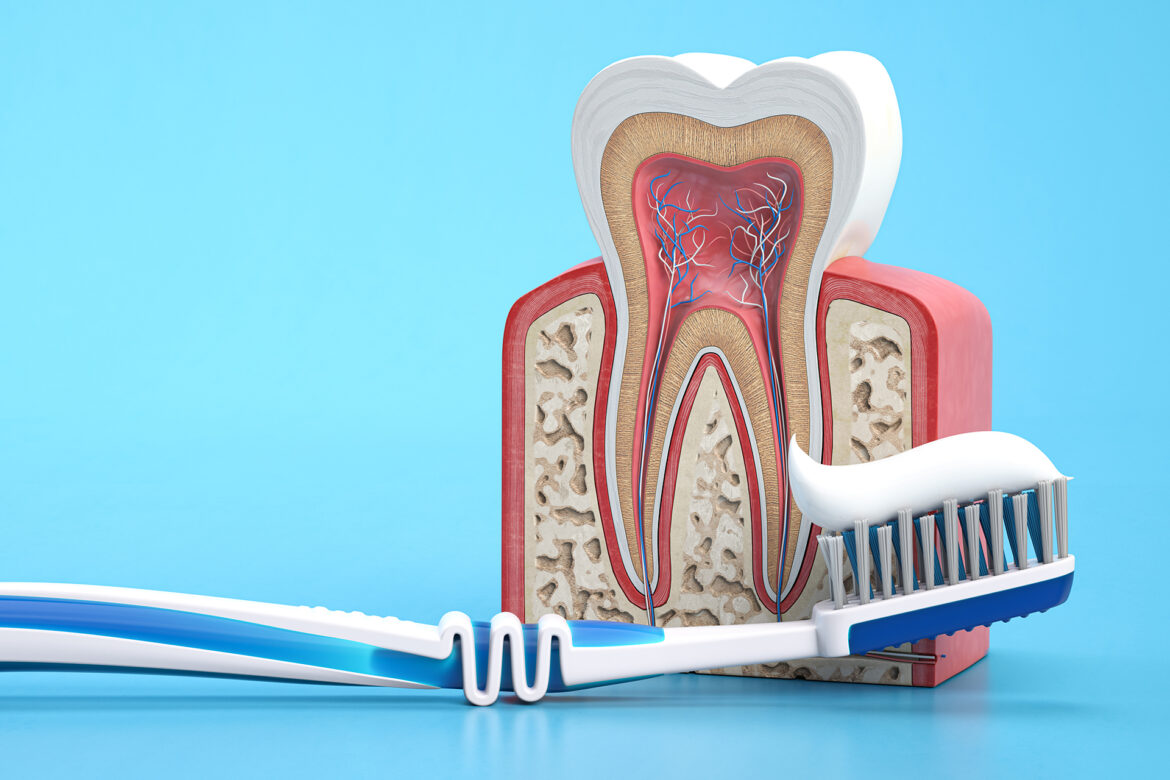It’s hard to miss all the chatter swirling around fluoride lately. Newly-appointed Secretary of Health and Human
Services Robert F. Kennedy Jr. recently announced that he plans to tell the Centers for Disease Control and
Prevention (CDC) to stop recommending adding fluoride to drinking water, and Utah just became the first state to
ban that practice. So, it’s fair if you have some questions about fluoride—including how safe and effective
it is to consume.
Let’s back up a sec: Fluoride is an element that’s naturally present in rivers, lakes and oceans, along with some
foods and drinks, like coffee, shrimp, and raisins, according to the American Dental Association (ADA) and
National Institutes of Health (NIH), respectively. It’s known as “nature’s cavity fighter” as its main
benefit is to prevent tooth decay, and it’s in many dental products like toothpaste and mouthwash, per the ADA.
Since 1945, most communities in the U.S. have added small amounts of fluoride to municipal water systems in a
practice known as “fluoridation.” (Though this practice isn’t a requirement by the federal government.)
When it comes to dental health, fluoride is “one of the most powerful tools in our toolbox,” according to Matthew J.
Messina, DDS, associate professor at The Ohio State University College of Dentistry. So it’s important to have in
your oral hygiene practice.
Even if there’s already fluoride in your water, you should still consume it through your dental practices, says
Richard W. Valachovic, DMD, executive director of the NYU Dentistry Center for Oral Health Policy & Management.
(If you don’t know if your water contains fluoride, check the CDC’s database.)
Ahead, dentists explain why fluoride is so important, and how to make sure you’re getting enough of it.
Benefits Of Fluoride
The biggest benefit of fluoride is that it can make your teeth more resistant to decay—it can reduce cavities by
about 25 percent in children and adults, according to the CDC. Fluoride “can reverse early signs of tooth
decay by remineralizing the enamel and repairing damage before it becomes a cavity,” says Michael J. Wei, DDS,
founder of Manhattan Cosmetic in New York City.
Fluoride also works to repair and prevent damage to teeth caused by bacteria in the mouth, according to the
CDC. This bacteria produces acid when you eat or drink, and that acid dissolves minerals on the surface of
your tooth, making you vulnerable to cavities. Fluoride can help replace those minerals that are lost from acid
breakdown, and it may even reduce the amount of acid that bacteria produces, per the CDC.
There are all kinds of claims on social media that fluoride is toxic, but dentists say that’s an
exaggeration. While you could get sick if you had excessive amounts of fluoride, you’d need to ingest a lot
to reach that point. (For instance, you’d have to drink five liters of water with fluoride for every kilogram of
body weight—or nearly 11,500 ounces of water—at once to have fluoride toxicity. Plus, that’s a toxic amount of water
to consume in general, per the ADA.)
And while the federal government doesn’t dictate whether municipalities add fluoride to water or not, they do set
healthy limits on the element—and they’re low. Right now, the federal government recommends fluoride limits
of 0.7 milligrams per liter, while the World Health Organization (WHO) has a limit of 1.5 milligrams per
liter.

